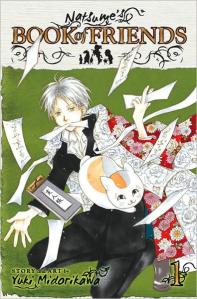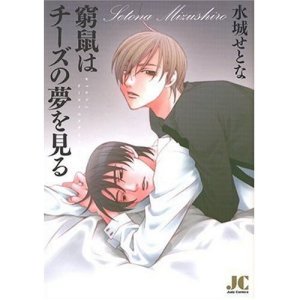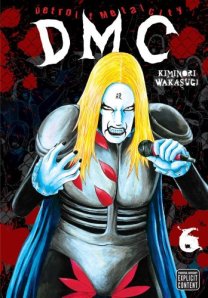In last week’s Pop Culture Happy Hour podcast, NPR’s Monkey See crew discussed (among other things) the advent of “Best of” season and greeted it with the weary resignation of people who will be writing and editing at least a few before December comes to a close. And, as if they uttered “Candyman” three times as they faced the mirror, the first few graphic novel lists have arrived:
Like Christmas advertising, these things seem to arrive earlier and earlier each year. I’d guess this means we’ll probably see the companion Best Manga list in this week’s edition of Publishers Weekly Comics List.
I was chatting with people about these lists on Twitter, and some trends emerged:
Your thoughts? Any particular Japanese comics you would have liked to see on these more general lists?



























